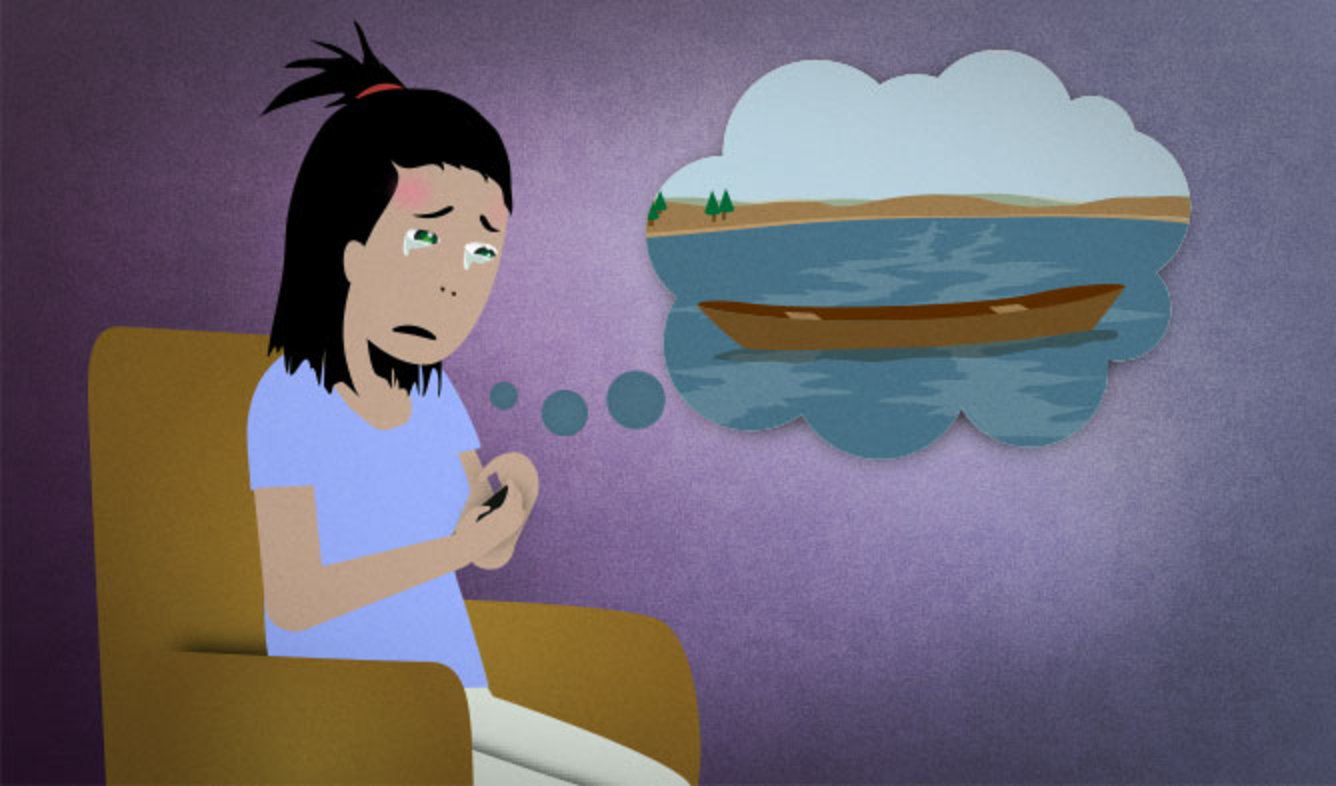“I'm sorry; something's come up, and I won't be able to make it.”
You were supposed to go on a canoeing trip with a group of people in your club at school. But you just broke up with your boyfriend, so you're depressed and don't want to go anymore. You write to the organizer to explain that you're canceling.
I'm sorry; something's come up, and I won't be able to make it.
Want Video and Sound? Follow us on YouTube

make it to (somewhere)
The phrase "make it to ___" means to come to somewhere. You use this to talk about attending events or meeting people. There are a few situations that you can use "make it" in:
- When you're telling someone that you won't come to an event, party or meeting:
I'm really sorry, but I won't be able to make it to New York next month.
- When someone comes to an event that you didn't expect them to come to, you show that you're surprised and happy:
"Oh, you made it!"
- When you ask someone if they're going to come to a meeting, party, or event:
"We're going to have some people over for dinner on Saturday. We'd love it if you could make it."
Something has come up.
This is a common phrase that English speakers use when breaking an appointment, a date, etc. For example:
I'm so sorry, but something has come up. Can we reschedule for next week instead?
"Something has come up" means that something very important has happened which you need to deal with instead of keeping your original appointment. You say this when you don't want to explain exactly what the situation is.
I won't be able to make it.
This is a polite expression which means "I can't come" or "I'm not going to go" to an event, date, party, meeting, appointment, etc. It's very common.
